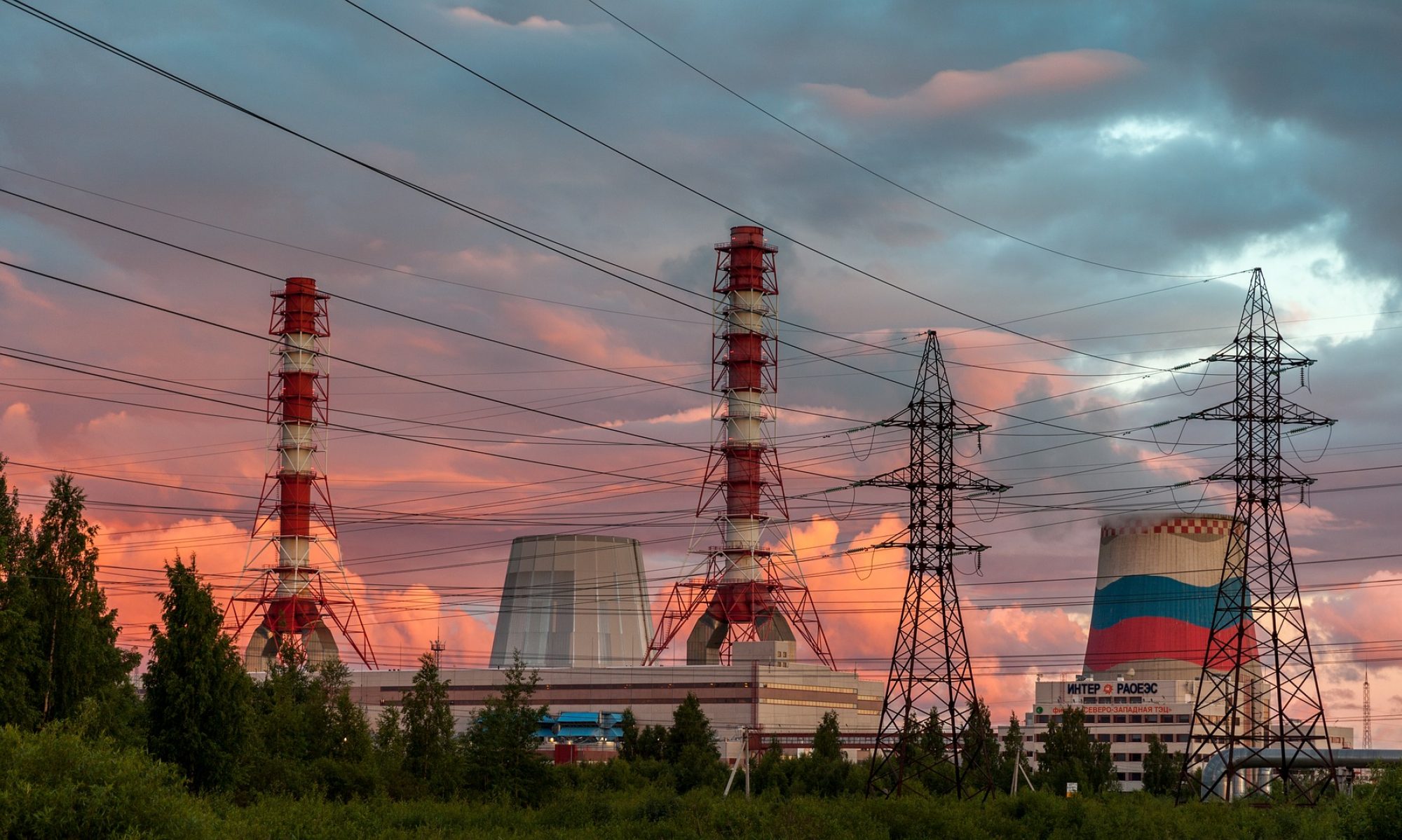Yesterday Veli-Pekka Tynkkynen gave a talk “Russia’s perspective on energy and climate change in the Arctic” at the panel “Sectors and projects of connectivity: opportunities and risks” during the meeting of the “Nordic-Baltic connectivity with Asia via the Arctic” project. The project is conducted by the Estonian Foreign Policy Institute/ International Centre for Defence and Security in cooperation with the Finnish Institute of International Affairs and Konrad Adenauer Stiftung.
The Arctic region is of increasing strategic importance for the Nordic-Baltic countries. It is also becoming more and more an area of great power competition, involving Russia, the US, and the growing role of China. Furthermore, it is becoming more important as a region that connects Northern Europe with Asia. The project will focus on the risks and opportunities involved in increased connectivity and interdependence between the Nordic-Baltic countries and Asia via the Arctic region. It will analyze the interests of the Nordic-Baltic states and other major stakeholders in the region, looking especially at the (potential) connectivity projects in different sectors and the related security risks. Conceptually, it will build on the theories of geoeconomics and liberal interdependence as alternative approaches to connectivity. The topic is highly timely, as the Nordic-Baltic cooperation format (Nordic-Baltic 8 or NB8), chaired by Estonia in 2020, has made connectivity, including regional energy and transport projects, a key priority. Finland will take over the chair in 2021. The project will involve experts from the Nordic and Baltic states and Japan with knowledge of the Arctic region and the interests of Russia, China, US, EU, Japan and Nordic-Baltic states in the region. The main outcome will be an edited report/book including articles on different aspects of Nordic-Baltic connectivity with Asia and the role of the Arctic region.
More information is available online.
